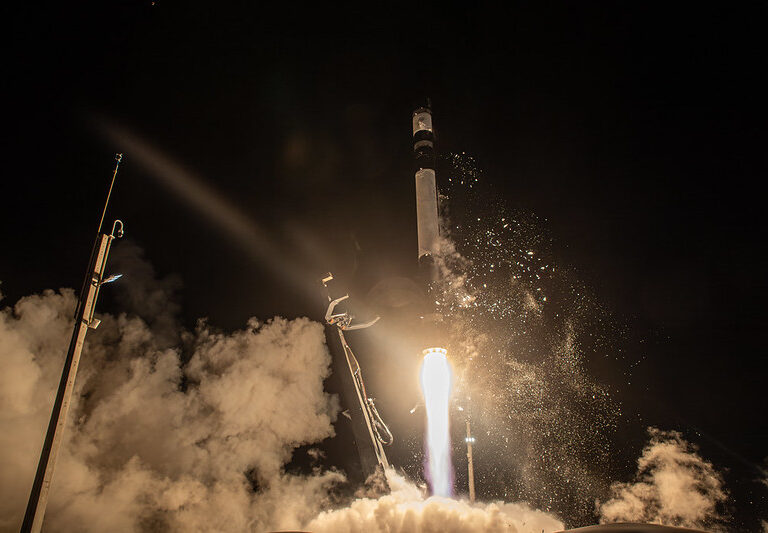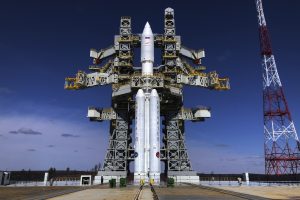Rocket Lab Launched the World’s First Debris Inspection Satellite, ADRAS-J, for Astroscale
1st Oct 2021
Astroscale Japan Inc., a pioneer in satellite servicing and orbital sustainability, has announced the successful launch of its commercial debris inspection demonstration satellite, Active Debris Removal by Astroscale-Japan (ADRAS-J). The satellite was launched from Rocket Lab’s Launch Complex 1 in Mahia, New Zealand on Sunday, 18 February, at 2:52 pm UTC.
Rocket Lab is one of the few space industry companies turning their eye towards the pollution of space. Ever since the 1970s, the amount of ‘space garbage’ has increased sevenfold. It led to a growing concern that future space exploration missions might encounter challenges and potentially disastrous complications. The Electron launch was the second this year for the company after the Jan. 31 launch of four satellites for space situational awareness company NorthStar Earth and Space.
ADRAS-J – An Orbital Debris Removal Demonstration Satellite
Rocket Lab has joined forces with Astroscale to battle the build-up of space garbage left after most launch missions. Nobu Okada, CEO and Founder of Astroscale, shared in an interview that reliable and commercially proven launchers such as Rocket Lab’s Electron ensure affordable and flexible access to space, which is fundamental for industry growth, infrastructure, and economy.
Eijiro Atarashi, ADRAS-J Project Manager, expressed the team’s readiness to commence operations. “The Astroscale Japan Mission Operations team in Tokyo has successfully made contact with ADRAS-J and is ready to start operations. This milestone signals the start of our mission, and we are excited to survey and characterize a real piece of debris through our innovative Rendezvous and Proximity Operations (RPO) capabilities,” – he stated.
Selected by the Japan Aerospace Exploration Agency (JAXA) for Phase I of its Commercial Removal of Debris Demonstration program, ADRAS-J is the world’s first attempt to approach, characterize, and survey the state of an existing piece of large debris through RPO. Astroscale Japan is responsible for the design, manufacture, test, launch, and operations of ADRAS-J.
ADRAS-J Mission plan
The mission will be split into two phases; the first was scheduled for 2023 but postponed to February 2024.
Phase 1 will see Rocket Lab’s Electron launch into orbit carrying Astroscale-Japan’s satellite. Electron’s Kick Stage will allow the rocket to position the satellite within an acceptable distance of the orbital debris. ADRAS-J has been constructed with data gathering and transmission in mind. It will be able to provide observational data on the abandoned space trash.
Phase 2 of the Orbital Debris Removal Demonstration Mission will send a spacecraft to the upper stage to attempt to deorbit it.
Space debris has become a growing concern within the Space Industry
The Orbital Debris Removal Demonstration Mission is only the first step in cleaning up our orbit. The ability to analyse and repair (remove if necessary) satellites from Earth’s orbit will allow the industry to create a sustainable space environment, one not cluttered with our trash.
The CEO of Astroscale has shared his positive outlook on creating a sustainable space exploration platform. He believes that Rocket Lab and Astroscale have already become leaders in their relevant industry niches, and the Orbital Debris Removal Demonstration Mission will become a significant step in making space more sustainable.






Thank you for your comment! It will be visible on the site after moderation.